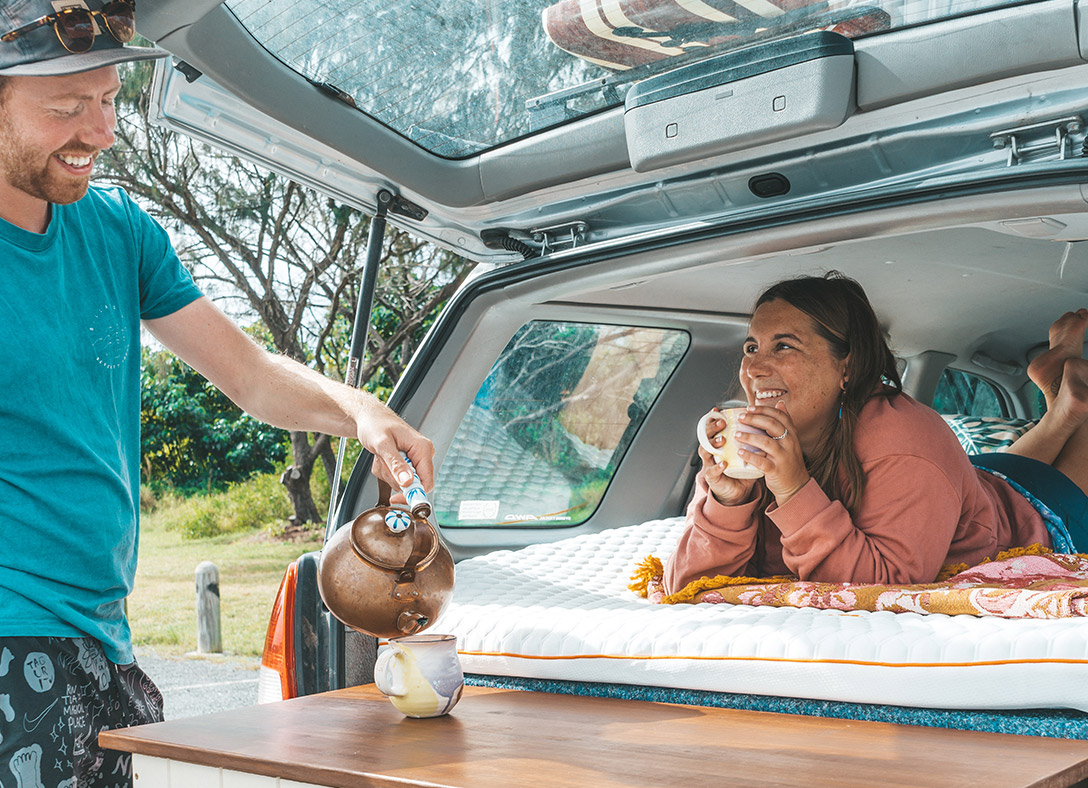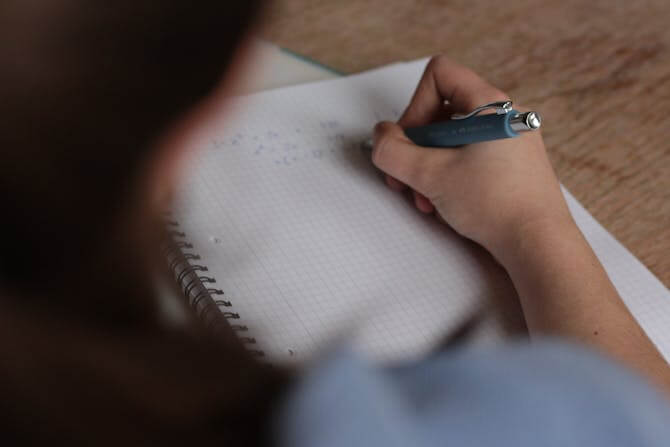
How to Sleep Better When Travelling
Travelling is one of life's many joys, but it can wreak havoc on our sleeping habits. Whether you’re travelling for pleasure or work, by road, train, or aeroplane, quality rest will allow you to get the most out of your trip. We’ve got some handy tips on sleeping while travelling to keep disruption to a minimum.
Plan Ahead and Prepare Yourself
To minimise the impact of travel on your sleep, the best thing you can do for yourself is prepare. What is it they say... 'fail to prepare: prepare to fail'.
By planning ahead and thinking about what environments or scenarios you might find yourself in, might that be waiting for transport or ensuring you get enough hours in ahead of a big meeting, you'll give yourself the best chance of catching some zzz's.
But how, we hear you cry! Let's take a look...
Reduce Stress Before you Travel
As exciting and fulfilling as travelling is, whether it’s a zip across the English Channel or a full-on American road trip like Gordan, Gino and Fred, the build-up can be rather stressful, and your sleep can become impaired because of it.
Everything from packing to leaving the house on time to catching a flight can give us anxiety, and chances are you’ve experienced waking up in the middle of the night remembering to put ‘phone charger’ on your packing list.
It's unlikely you'll be able to rid yourself entirely of travel nerves, but you can help yourself out...
- Begin your preparation much further in advance – make lists and start laying items out so you can see what you’ve got and what you need.
- Pack light – whether you’re worried about lifting your baggage on and off a train, finding somewhere to store it in your minivan (amongst all your amigos’ stuff!) or you’re in the 34% of Brits who worry about storing their hand luggage on a flight, it’s important to pack only the essentials. Think of specific outfits, consider purchasing toiletries on arrival, and weigh your case before you leave to ease your anxieties.
- Have your important items to hand – keep your travel documents, money, passport, and keys in a separate, safe wallet or pouch so you’ve got everything at the ready.
By doing these simple things, you can alleviate some of the pressure, enabling you to sleep better in the lead up to, and during, your travels.
Pack a Go-To Bag of Travel Accessories
Give yourself a helping hand and pack a bag of sleep essentials so you’re ready to snooze whenever the opportunities arise:
- Earplugs or noise-cancelling headphones - to block out the sound of the noisy travel buddies or creaky transport.
- An eye-mask - to block out the light no matter what time of day you travel.
- A pillow or make-shift bundle of clothes.
- A water bottle - to stay hydrated.
- Snacks - a few home comforts can go a long way, especially if you have specific dietary requirements.
Dress for the Occasion
Forget the glam. It’s all about comfort. Travel in loose-fitted clothing and comfy shoes so you can move freely. Our legs and feet can swell during aeroplane travel, so choose clothes that give your body the space to fluctuate. Take layers so you can snuggle up if it gets cold (which also serve as a great make-shift pillow!) The comfier you feel, the more likely you are to nod off.
Move your Body
Travelling requires a lot of sitting still. When you can, get up and out. Make an effort to move your body and stretch. Go for a walk, jog, or practise 15 minutes of yoga. Exercising can reduce stress, encourage sleep onset, and increase your overall sleep quality.
Sleep and Eat like a Local
As hard as it may be, it’s important to slot into the local time zone as soon as you arrive. If you’re anything like Gordan, Gino and Fred, you’ll dive straight into enjoying the local cuisine. Our eating patterns change when we travel, from later breakfasts to heavier meals, so it’s important to eat when everyone else does. This will help regulate your bowel movements and provide energy at the right times of the day.
Amend your sleeping patterns too, aligning them with your new eating habits. If you arrive at your destination in the day, it’s important to stay awake and avoid napping. Why not take the opportunity to go for a wander and get your bearings? If you arrive in the evening, do the same. Stay up until your usual bedtime (but in local time!) so that you’re not battling with jetlag for the entirety of your trip.
Top tip: go out, stay out and absorb your new surroundings on your first night. If you stay in your accommodation, even just for a chilled one, the temptation to fall asleep will be far too overwhelming…
Create a Separate Sleeping Space
If, like Gordan, Gino and Fred, you’re sleeping in the same space you’re driving, relaxing, and eating in, avoid napping in your bed space. This applies if you’re renting a studio apartment for example, or even camping. Try to create separate spaces by curtaining off your sleeping quarters or turning chairs away from the bed. This will get your mind and body into a pattern of understanding when you’re in bed, it’s time to sleep!
So, who said sleep and travel don’t go together? They may not be a perfect marriage but just because you’re away from home, doesn’t mean you have to sacrifice a good night’s sleep. We hope these sleep tips for travelling help.
We’re delighted to be sponsoring Gordon, Gino and Fred: Road Trip series two this August, as they roar through America, leaving all kinds of mischief in their wake. Tune in this Thursday on ITV2 or download it on catch up for some guaranteed giggles on your travels this summer.







Leave a Reply